Volkswagen’s Chattanooga Standout
The company’s 2.7 million-square-foot facility is the first and only auto manufacturing plant in the world to earn LEED Platinum certification.
By Anca Gagiuc
At the Tennessee Chamber of Commerce & Industry’s 36th Annual Environment and Energy Awards conference, Volkswagen Chattanooga received the Environmental Excellence award. Since selecting the city for its facility a decade ago, the automaker has invested $2.3 billion in the facility, which has produced upward of 800,000 vehicles.
But the plant is more than a local economic engine. Volkswagen has made a multi-faceted commitment to the environment, including significant energy conservation measures. That commitment has led to a unique distinction: the only auto manufacturing plant to earn LEED Platinum certification from the U.S. Green Building Council.
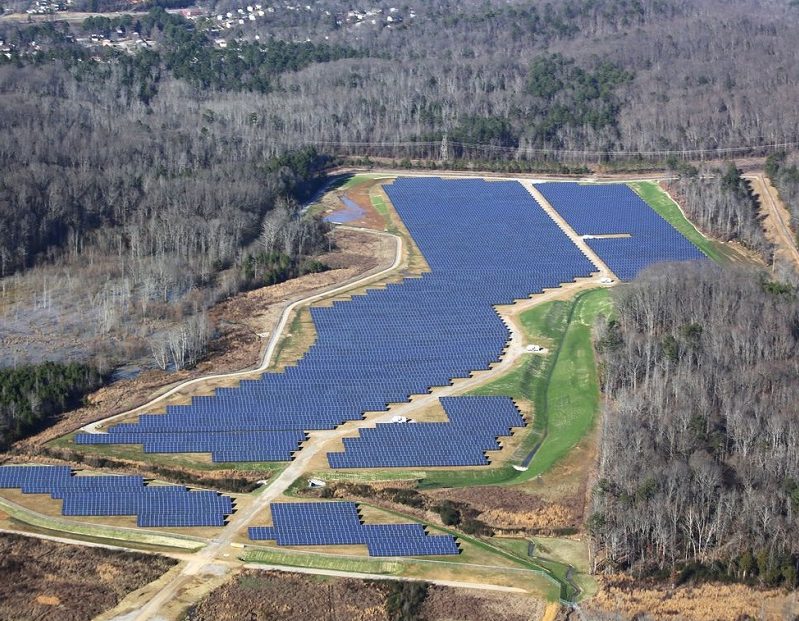
Solar array at Volkswagen’s LEED Platinum manufacturing facility in Chattanooga (Photo: Volkswagen)
A highlight of the facility’s energy strategy is the 33-acre Volkswagen Chattanooga Solar Park, which encompasses 33,600 solar modules that generate more than 13 gigawatts of electricity annually. That production supplies about 12 percent of the plant’s energy needs during full production and 100 percent during non-production periods. Neighboring the solar park is a restored wetlands that Volkswagen has expanded from 40 to 88 acres during the past 10 years.
The world’s greenest car plant
In 2011, the Chattanooga manufacturing plant earned LEED Platinum certification from the U.S. Green Building Council and is still the only automotive manufacturing plant in the world to achieve that accomplishment.
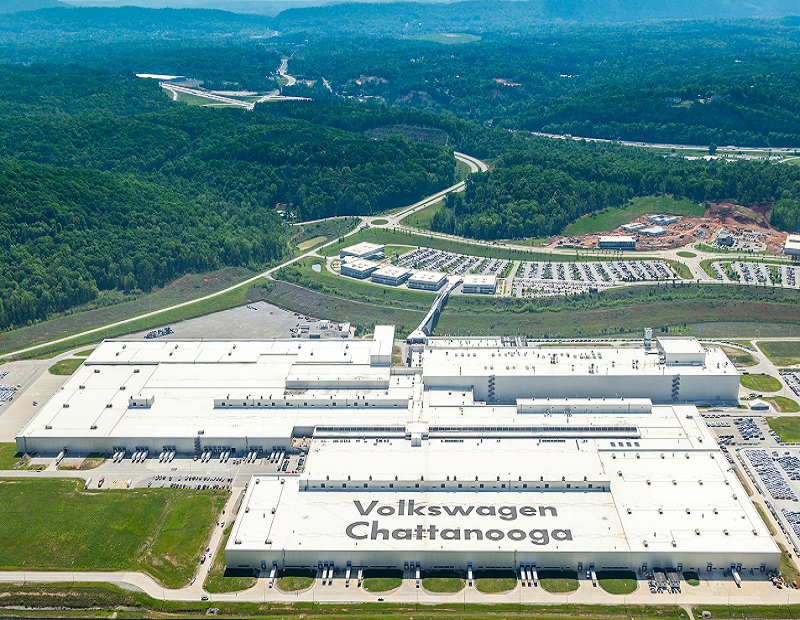
Photo: Volkswagen
The $1 billion, 2.7 million-square-foot facility was awarded 52 points, which included eight points in the critical categories of recycled content, regional materials and construction waste management.
Recycled content and regional materials each comprised more than 45 percent of total building materials and the construction team salvaged or recycled almost 78 percent (4,602 tons) of construction and demolition waste.
At the Chattanooga plant, Volkswagen uses electric high-efficiency motors, managing to save up to 3 million kilowatt-hours annually. Another 1.2 million kilowatts a year are saved through the installation of T5 light bulbs throughout the facility, which is the equivalent of supplying 280 households per year. Rooftop rainwater is collected and repurposed into cooling the welding robots. Furthermore, the rooftop is painted white to achieve a cooling effect on the interior of the plant.
Video courtesy of Volkswagen Chattanooga

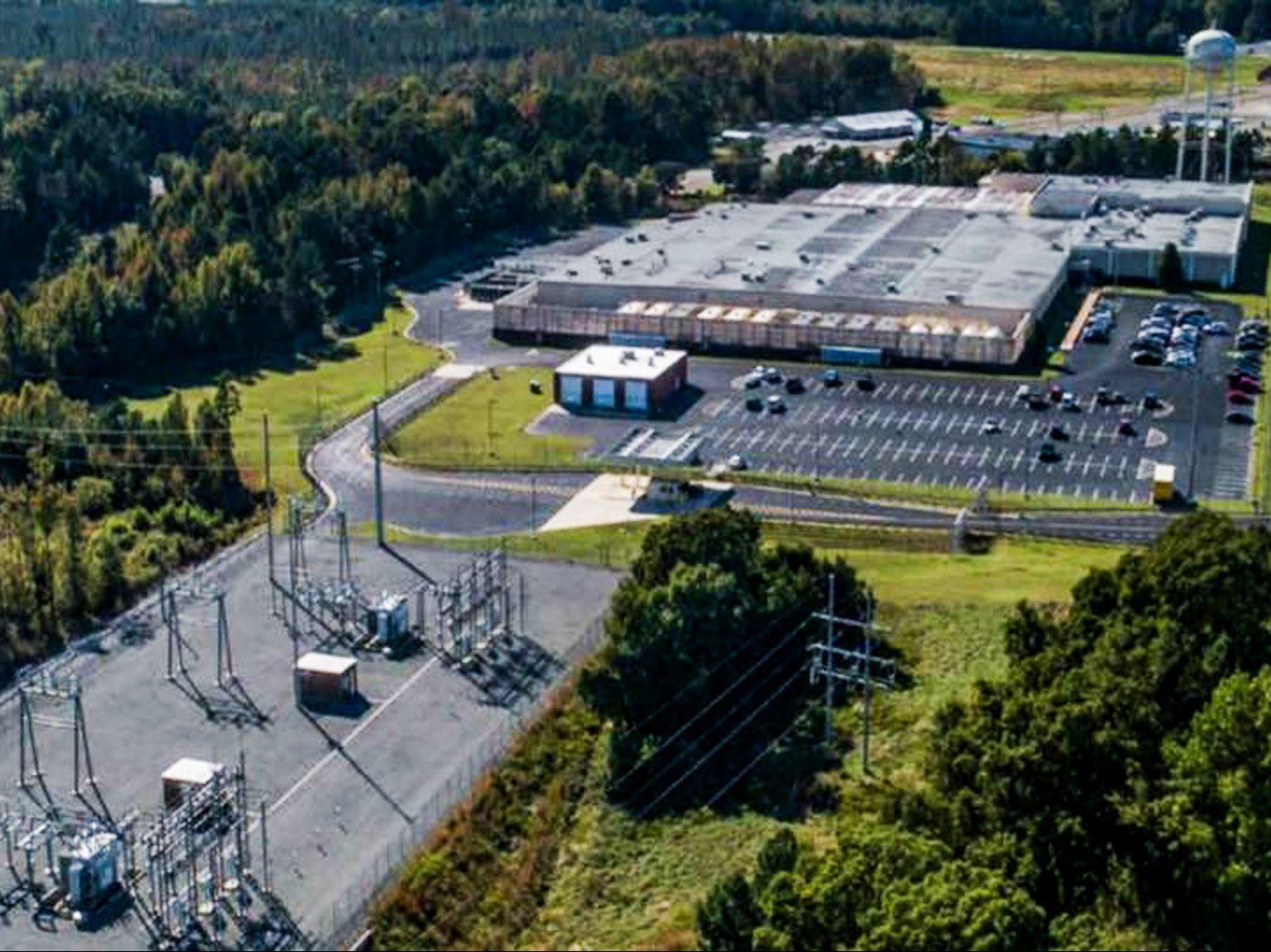
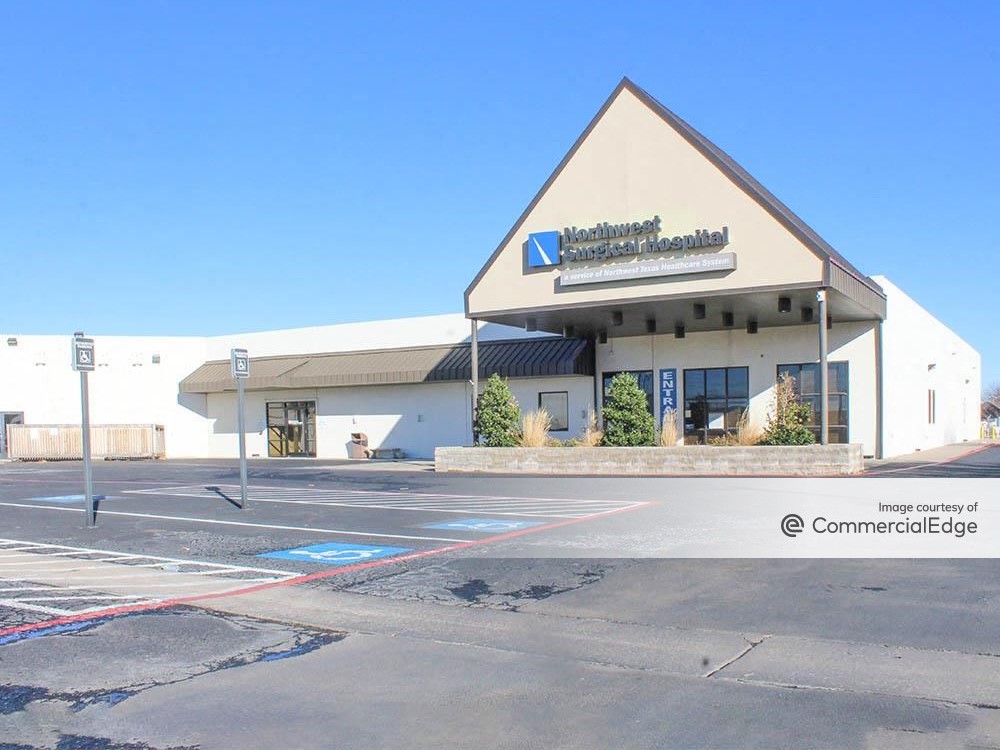
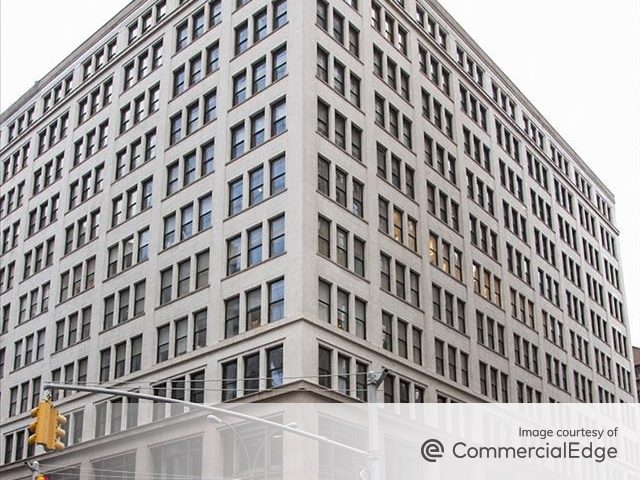
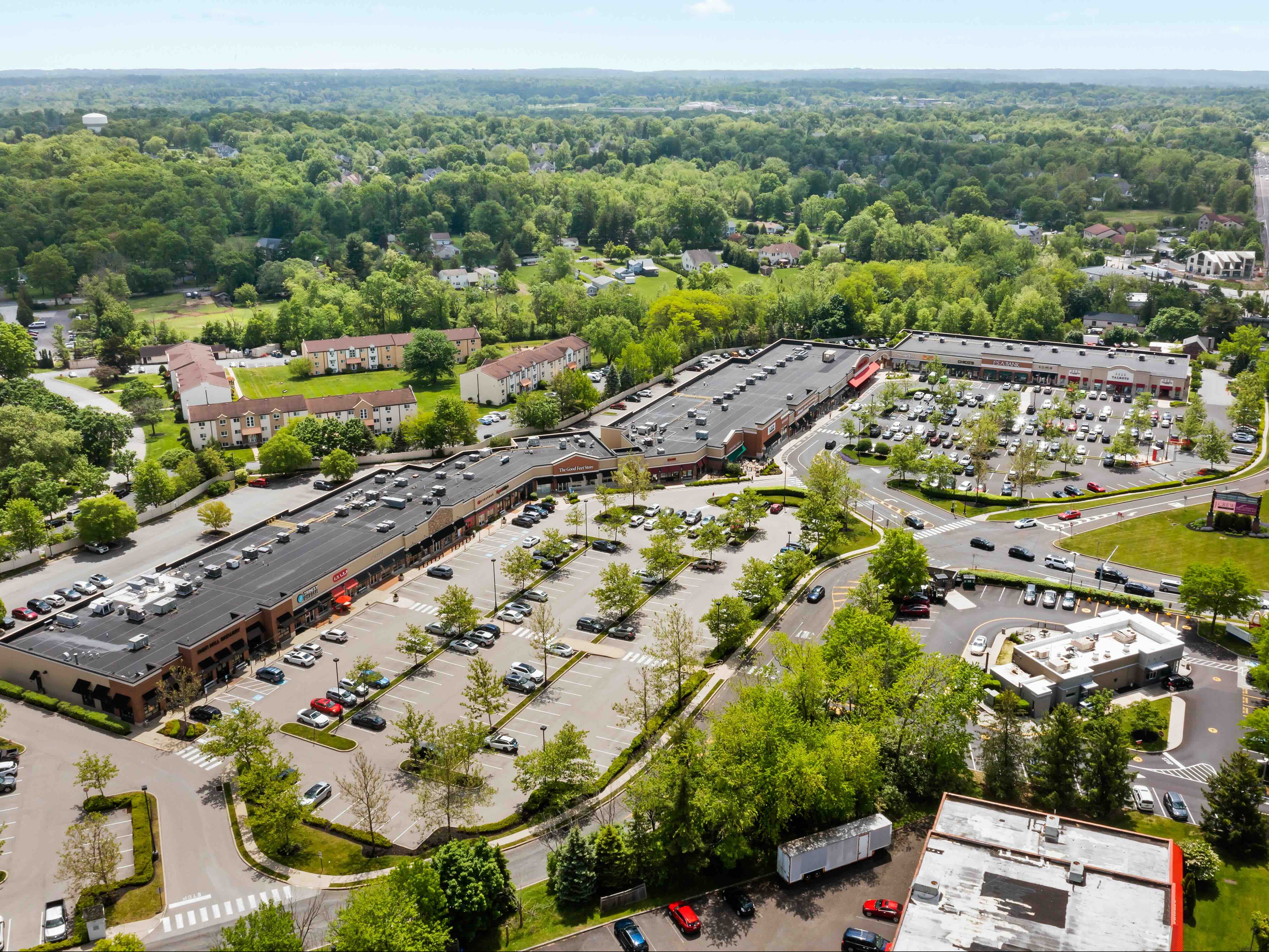
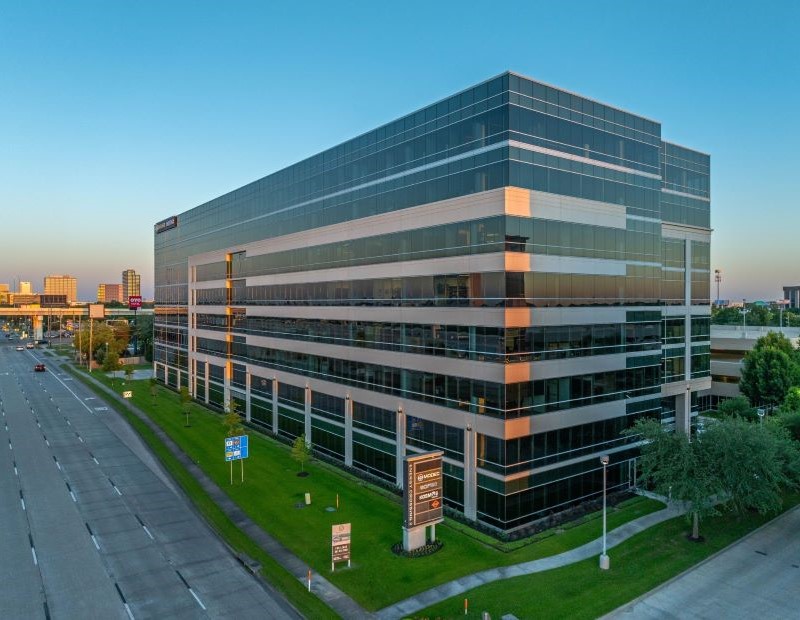
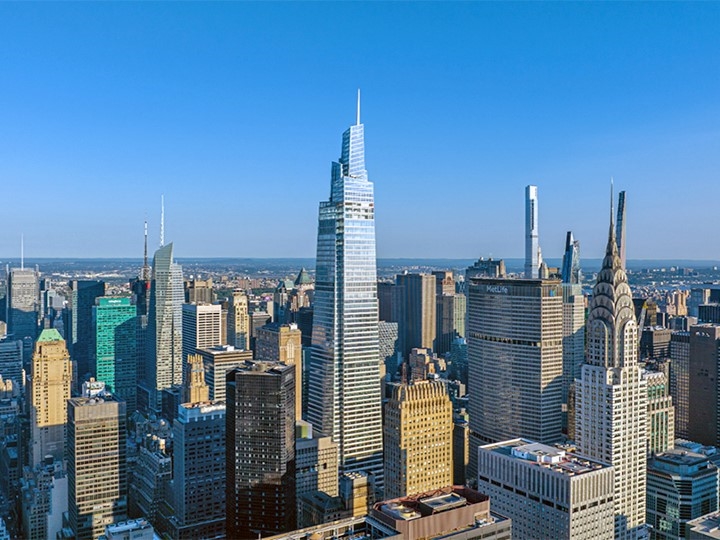
You must be logged in to post a comment.